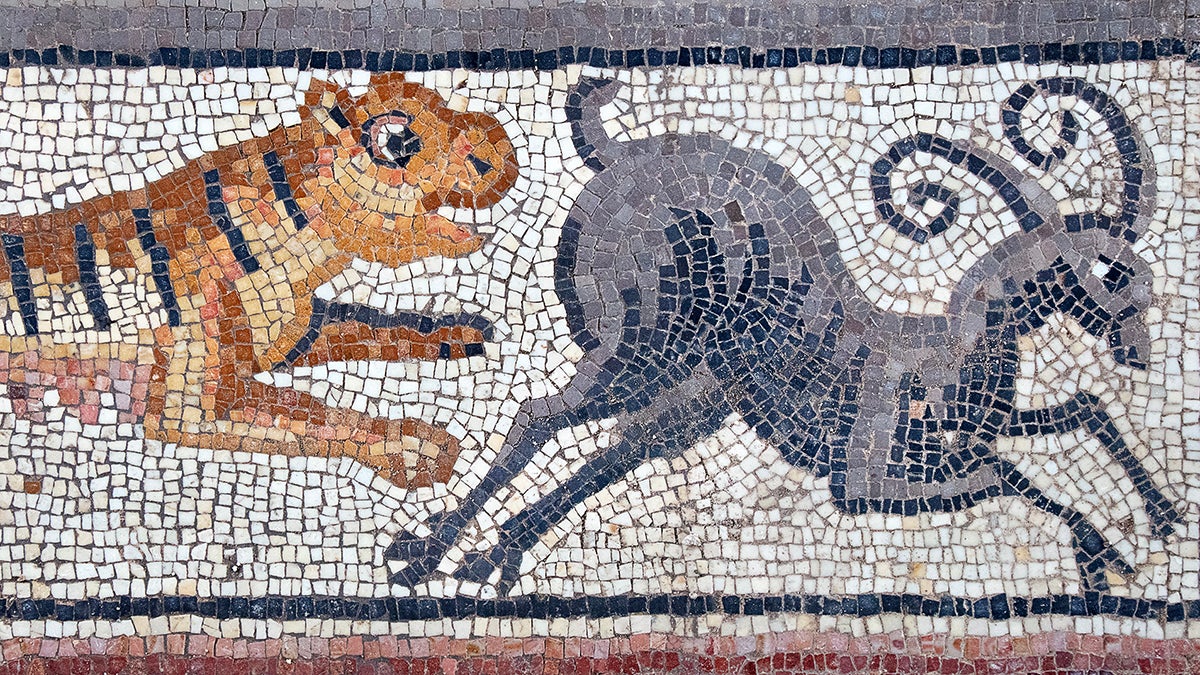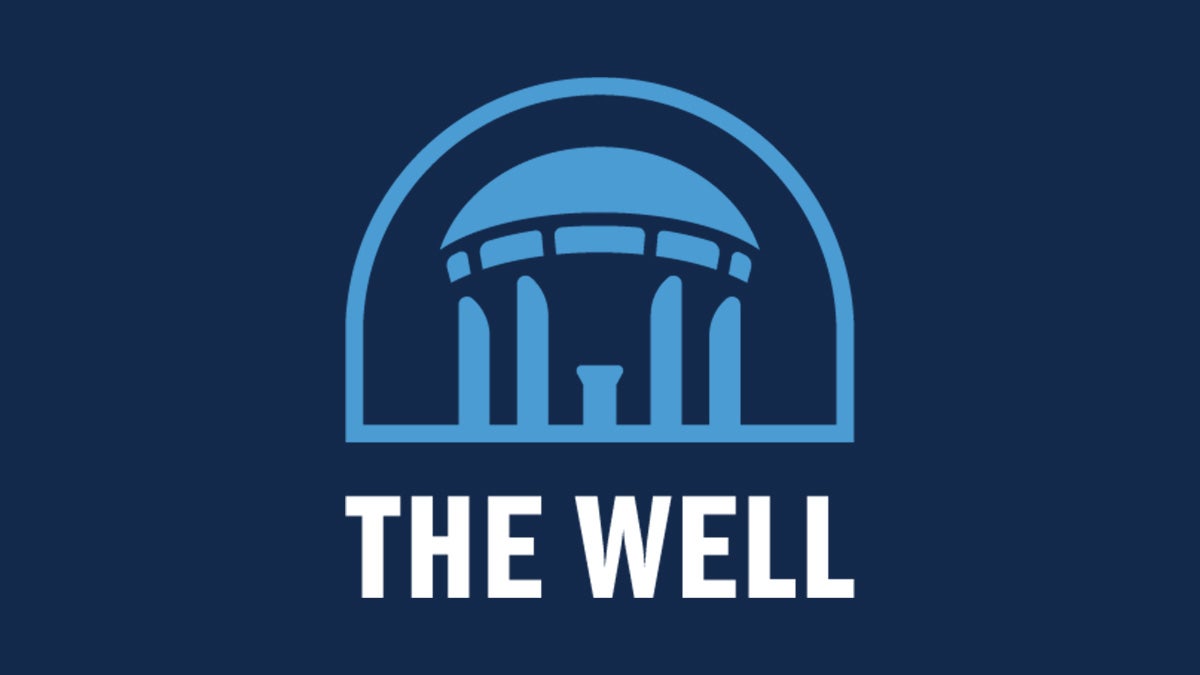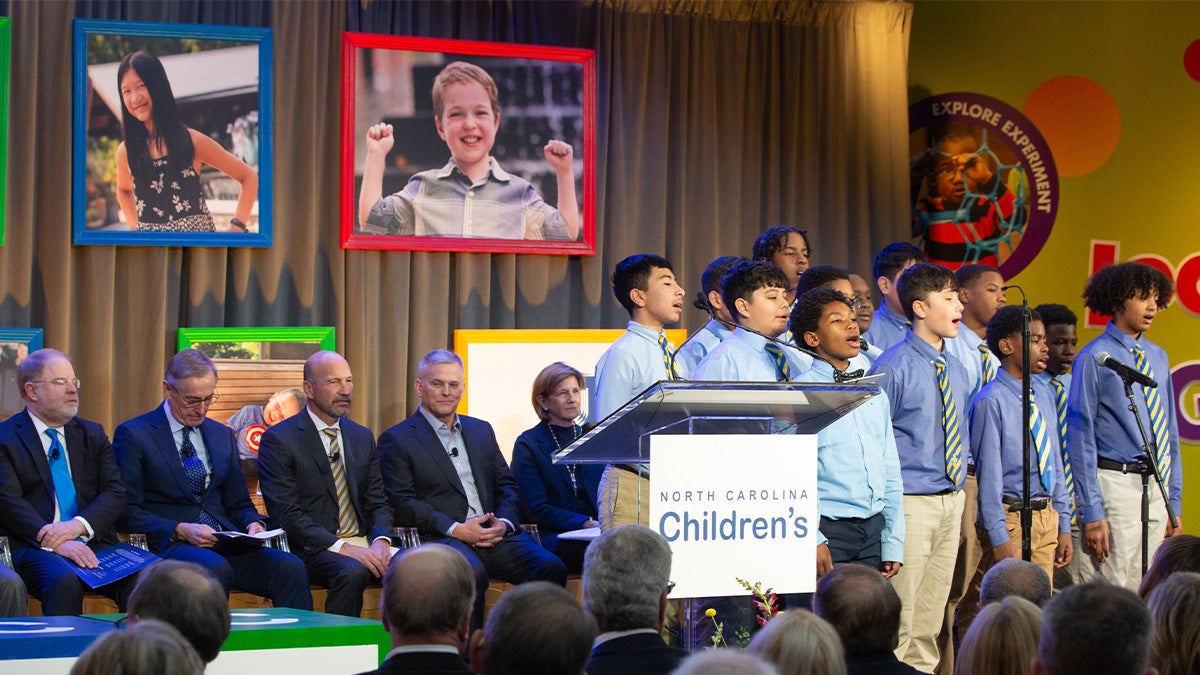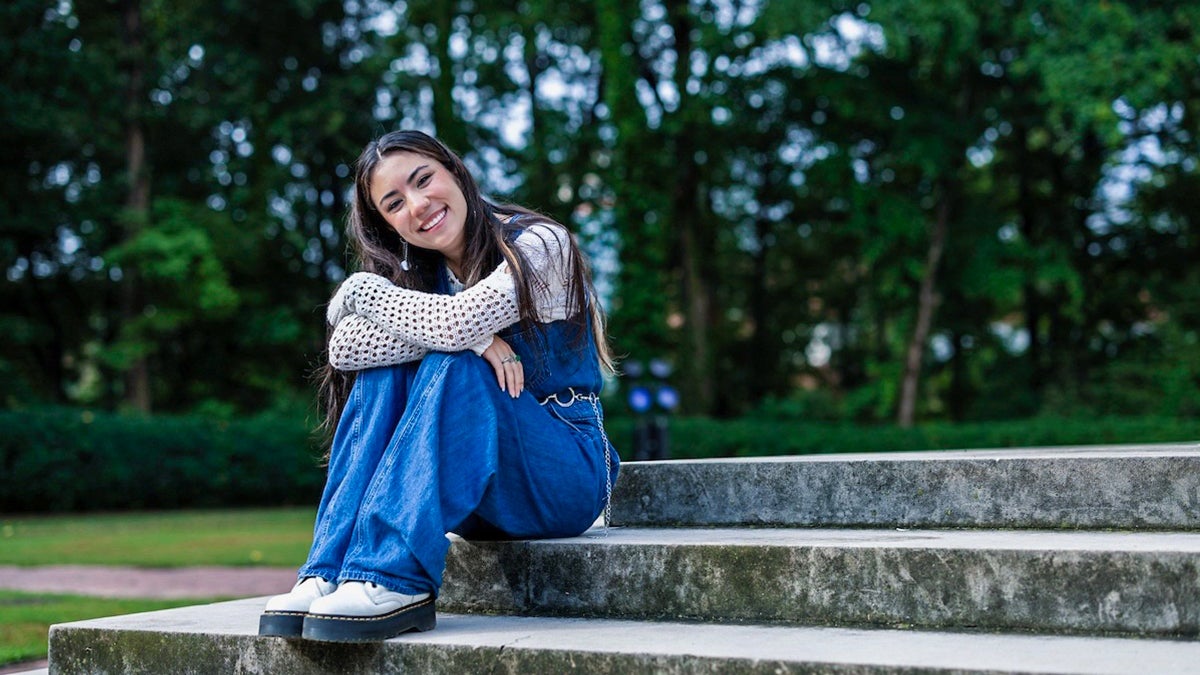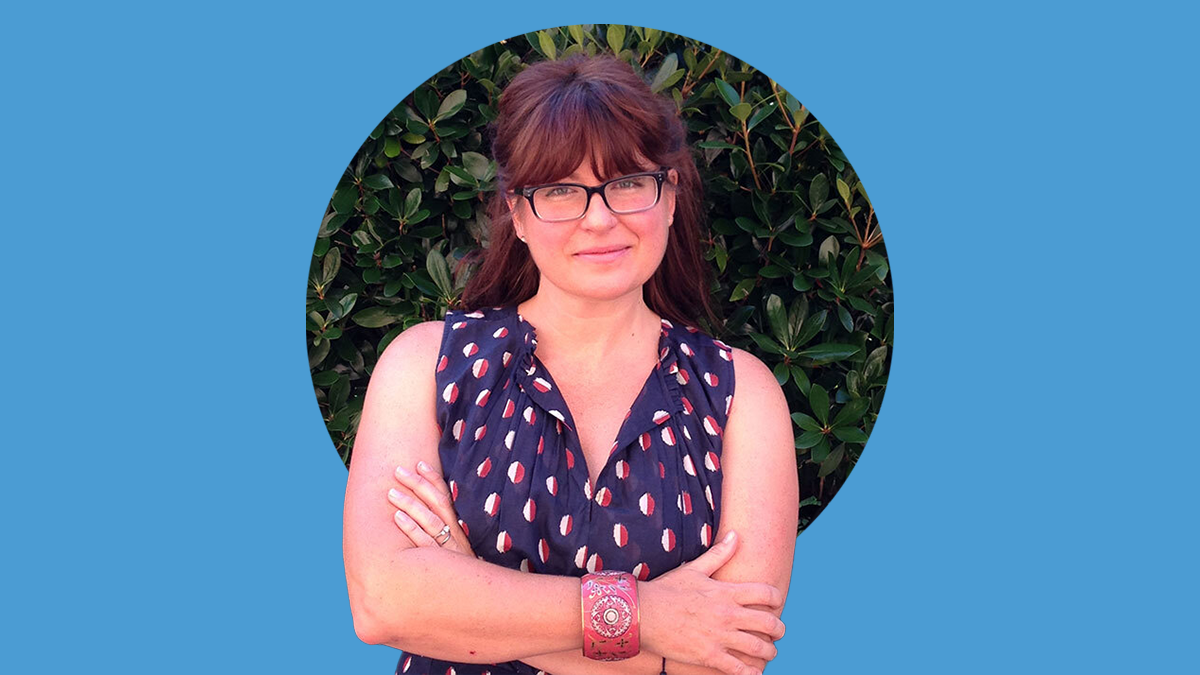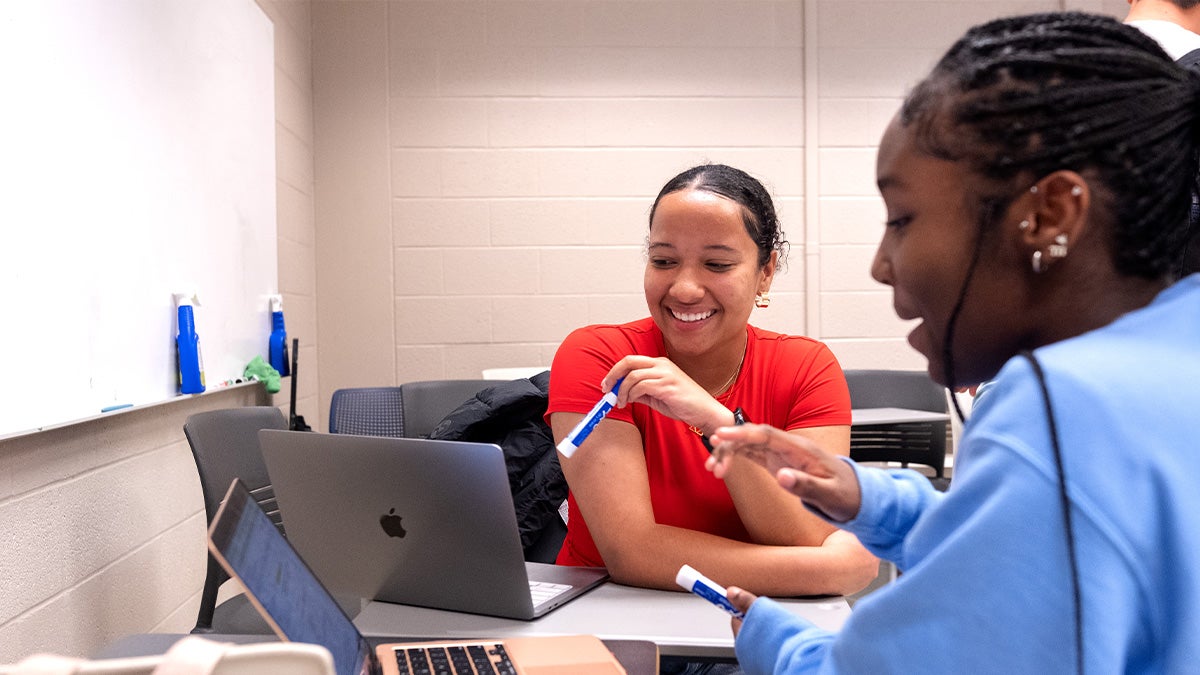Huqoq team unearths hoard of coins
Leader Jodi Magness talks about finds at the archaeological site in Israel that researchers are now publicizing.
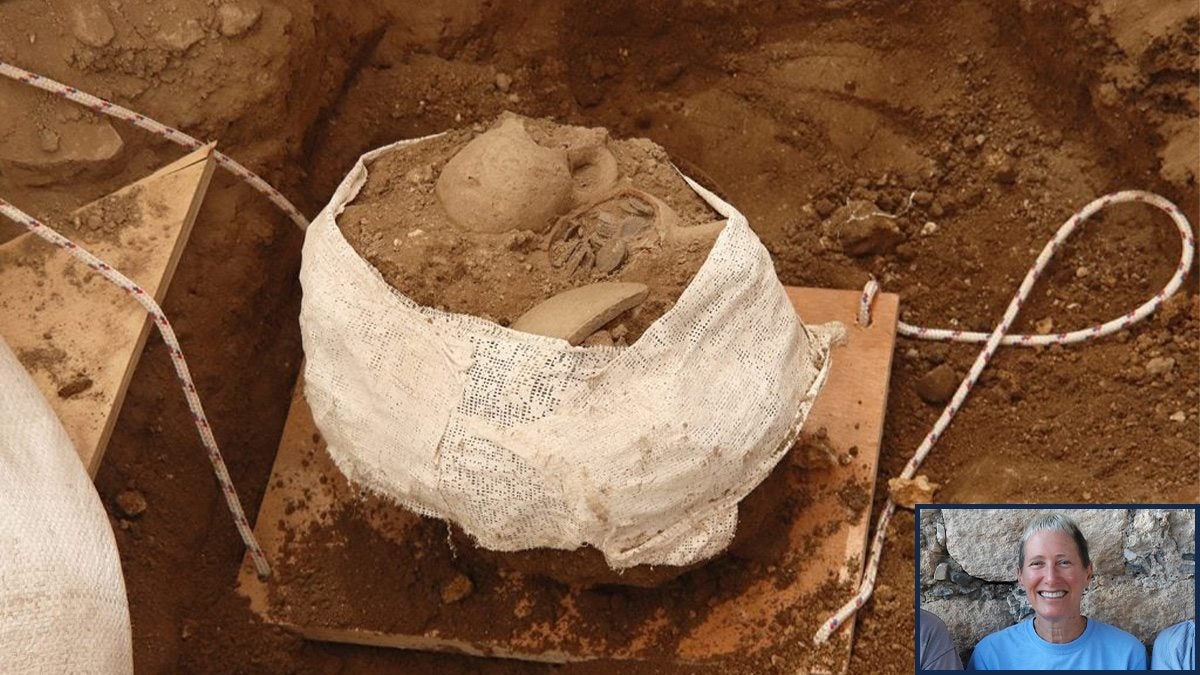
A decade-long archaeological dig that wrapped up in summer 2023 is revolutionizing our understanding of Jewish religious and cultural life. The Huqoq international research team unearthed magnificent mosaics and the remains of two synagogue buildings. Researchers are beginning to publish their findings, which also include the discovery of a hoard of 364 gold and silver coins and a unique silver ring.
In this interview, questions about the most recently publicized discoveries are answered by the Huqoq research team’s leader Jodi Magness, Kenan Distinguished Professor for Teaching Excellence in Early Judaism in the College of Arts and Sciences.
What makes these coins — and the discovery of so many of them in one area — significant?
The discovery of so many valuable coins (plus jewelry) in a small rural village in Galilee is unparalleled and puzzling. It shows that in the late medieval period, Huqoq/Yaquq was connected much more to the outside world than we knew previously. Specifically, we attribute the presence of so much wealth at Huqoq to the establishment of an international highway (barid) by the Mamluk ruler in the early 14th century, which connected Cairo and Damascus and passed alongside our village. The highway facilitated military and trading contacts as well as pilgrimage to the tomb of the prophet Habakkuk, who, since the Middle Ages is believed to be buried at Huqoq.
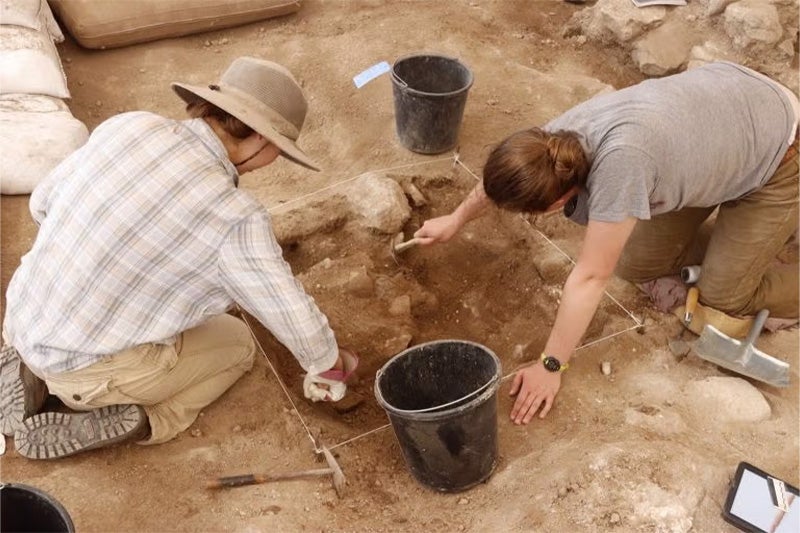
Volunteers excavating the coin hoard at Huqoq. (photo by Jim Haberman)
How did you extricate the coins and study them?
The coin hoard was found in two ceramic jugs. The jugs lay under a fallen wall, but did not appear to have been deposited in a pit. We extracted both jugs in a single bundle from the field, without touching or removing the coins. The bundle was taken to Jerusalem, where it was first X-rayed at the facilities of the Israeli Police, so we could see what the jugs contained. Then the bundle was carefully deconstructed by Mimi Lavi, who oversees the Conservation Lab at the Hebrew University of Jerusalem, and in the presence of Robert Kool of the Israel Antiquities Authority, who is a specialist on coins.
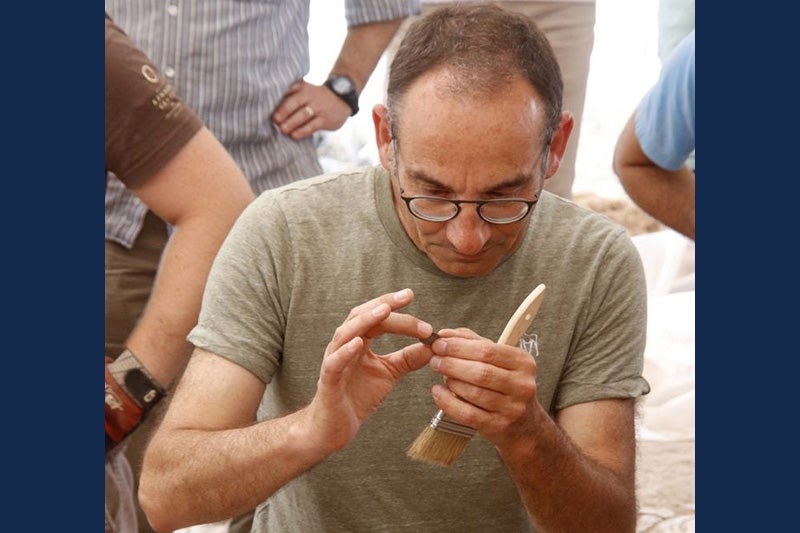
Robert Kool, a numismatist at the Israel Antiquities Authority, examines a coin before removal of the coin hoard. (photo by Jim Haberman)
What can you tell us about a piece of jewelry found at the site, an intricate silver ring topped by a miniature building?
This is a silver Merovingian architectural ring, meaning it originally was made in western Europe in the 6th to 8th centuries. It is called architectural because on the top of the ring is a miniature domed building. Dennis Mizzi, the assistant director of the Huqoq Excavation Project, who is publishing an article on the ring, suggests it was repurposed in the 14th to 15th centuries for use as a Jewish wedding ring. The domed structure might have been understood as depicting the ancient Jerusalem temple, which, by that time, was visualized by Jews and Christians as resembling the Dome of the Rock, a Muslim monument.
Read more of the Magness interview.
Read additional articles about Huqoq discoveries:
- American Journal of Numismatics, Kool’s documentation of the process of extricating “A 15th century gold and silver hoard at Ḥuqoq/Yaquq”
- Public Library of Science’s PLOS ONE, “Understanding the history of the Late Roman synagogue through radiocarbon dating and observations on site formation”
- The Times of Israel, articles on coin discovery and the ring discovery.
